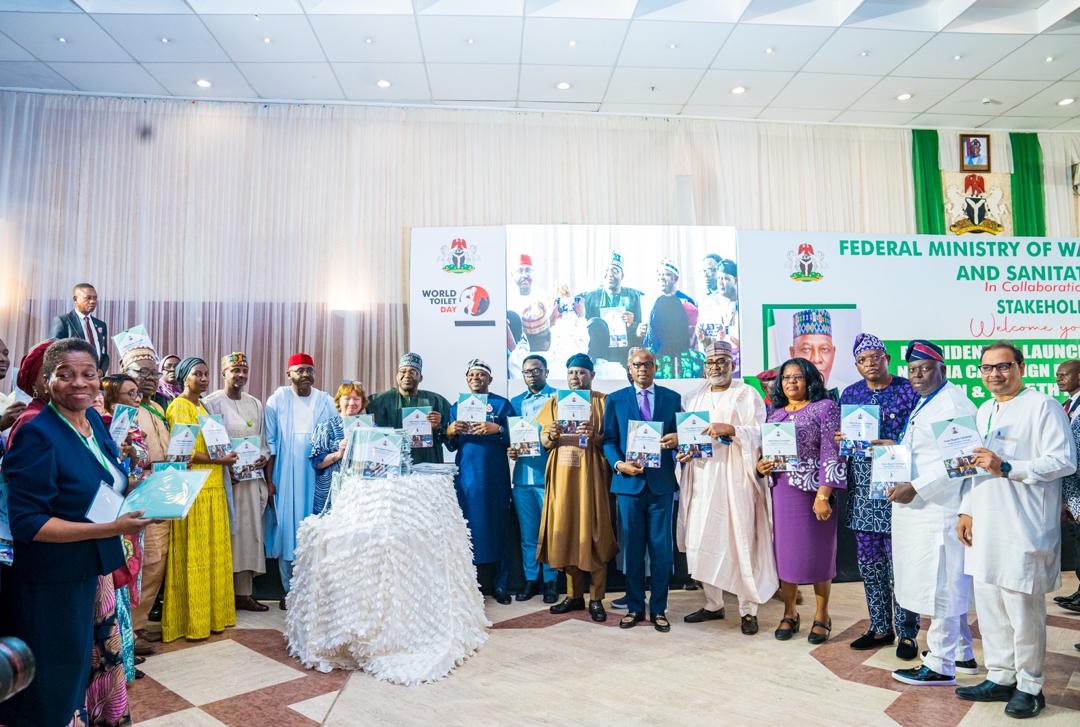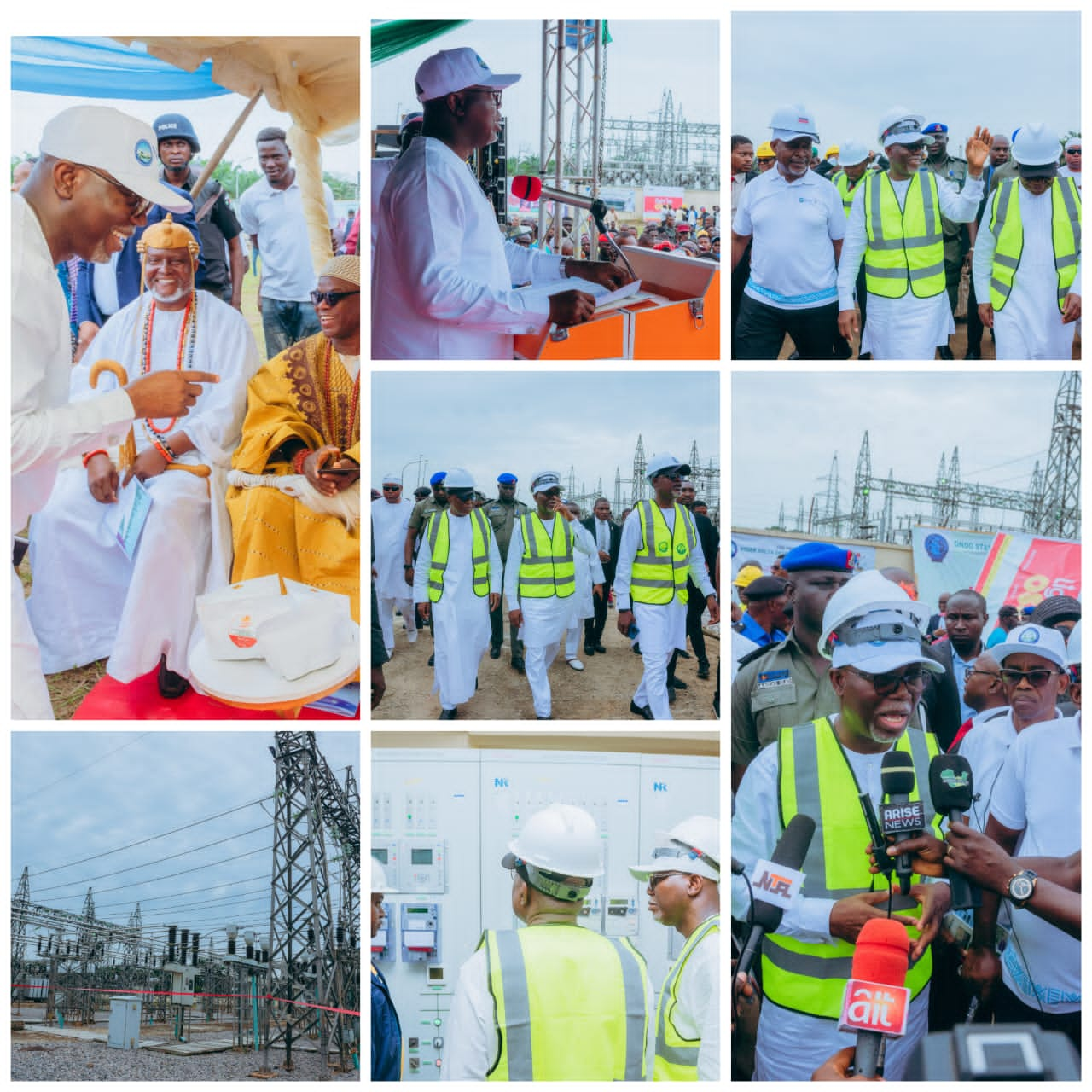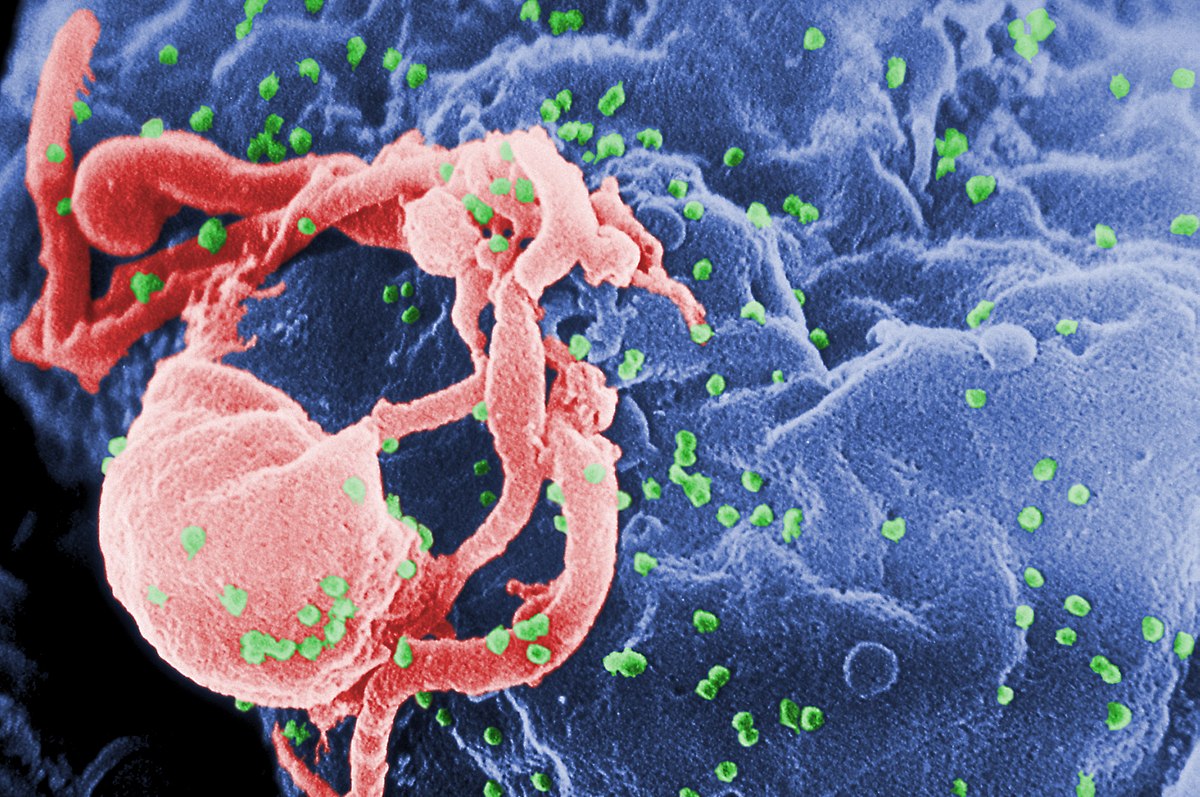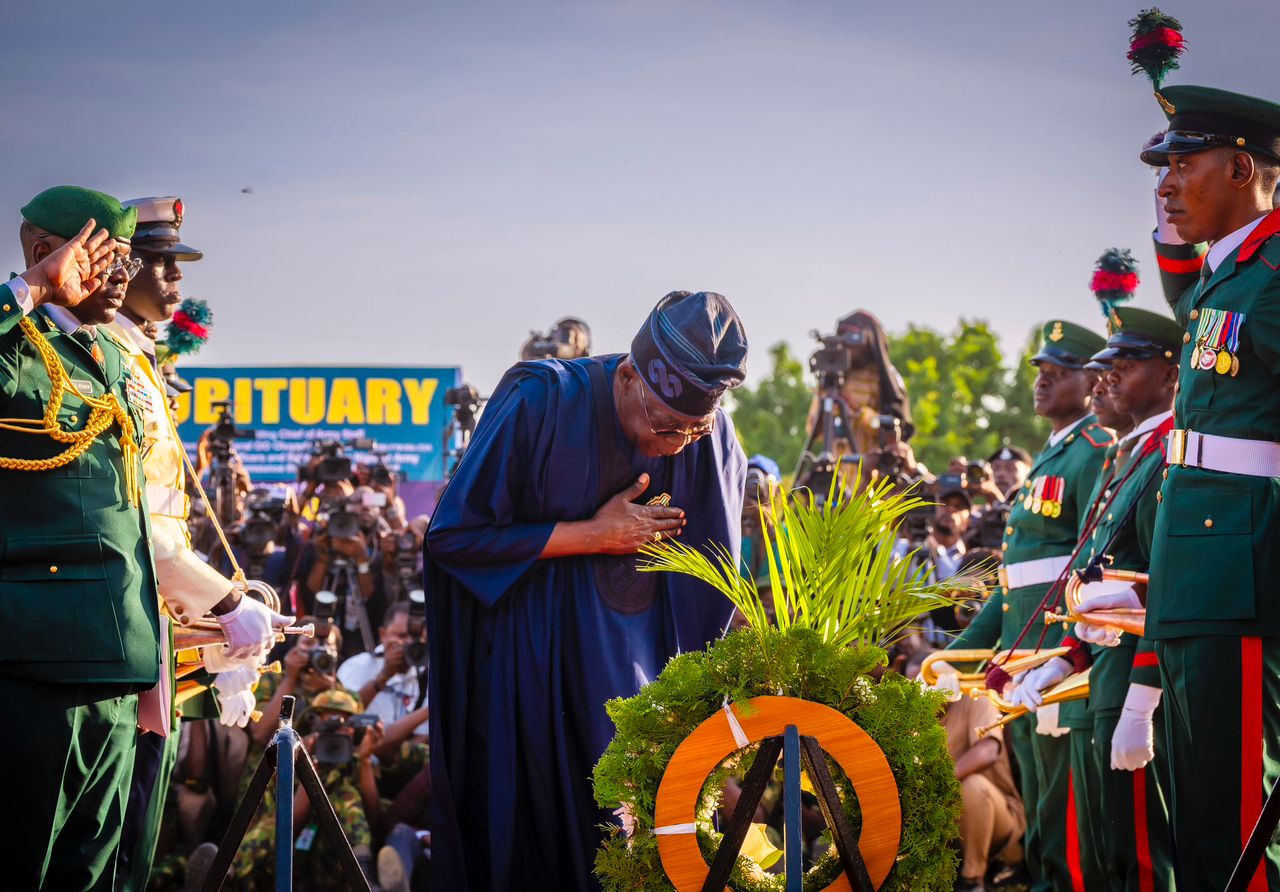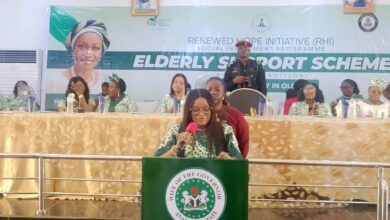Rich Nigerians Are Not Paying Enough Taxes, Says Senator Jimoh Ibrahim
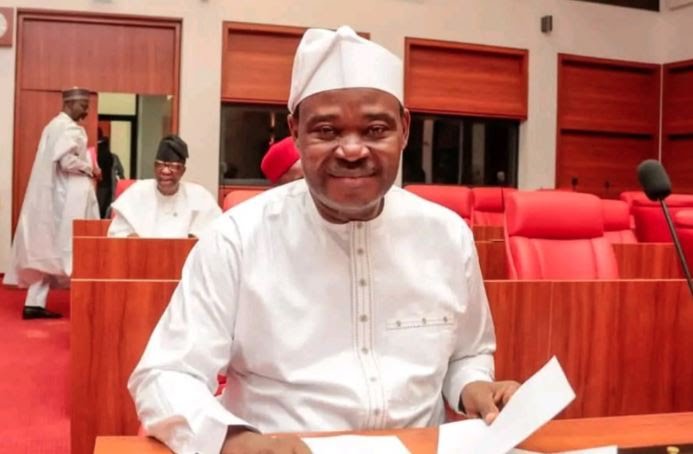
I am not suggesting we tax the poor, but the wealthy must step up, especially in these difficult times
By Fatima Saka
Senator Jimoh Ibrahim, Chairman of the Senate Committee on Inter-Parliamentary Affairs, has criticized wealthy Nigerians for failing to pay adequate taxes.
The Senator emphasizied on the government not taxing the poorer Nigerian most especially in difficult time, rather to tax the wealthier Nigerian.
Speaking during Tuesday’s plenary debate on the 2025-2027 Medium Term Expenditure Framework and Fiscal Strategy Paper (MTEF/FSP), the senator, who represents Ondo South Senatorial District, emphasized the need for higher taxation on luxury assets owned by the affluent.
Ibrahim argued that while wealthy individuals contribute to employment generation, this should not exempt them from their tax obligations. “They need to pay more. It is comfortable for them to do so,” he told reporters after the plenary.
“I understand they generate employment, but they must also contribute more, especially on their luxury assets. This is an area we need to develop further. I am considering laws to better regulate transactional costs.”
He highlighted Nigeria’s low tax-to-GDP ratio of 18%, noting that an alarming 72% of the population remains outside the tax net. “This is a serious concern. I am not suggesting we tax the poor, but the wealthy must step up, especially in these difficult times,” he added.
As part of efforts to address the rising cost of living, Senator Ibrahim proposed that the federal and state governments distribute food vouchers worth ₦100,000 monthly to 30 million poor Nigerians. He argued that such an initiative would help alleviate hardship while reducing pressure on the naira, as the vouchers would not directly affect foreign exchange reserves.
“The use of paper-based vouchers would mitigate the impact on the naira and provide much-needed relief to struggling households,” he explained.
The senator’s comments have sparked discussions about wealth distribution, tax reforms, and measures to address economic challenges in Nigeria.

